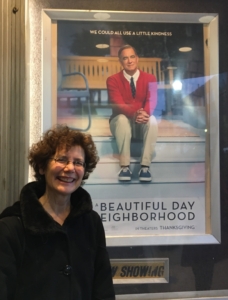Is there a co-worker or client who treated you poorly? Or a supervisor who passed you over for a promotion? Or perhaps you were terminated from your job and still feeling resentment or anger? Whether in work or personal life, the act of forgiveness is for you, to set you free of resentment and bondage. Not forgiving someone or an institution gives them power over you. It can affect you emotionally, mentally and physically. In the job search, the emotions of resentment or victimhood can seep out, including during networking attempts. On your job, the negative emotions may contaminate the good work you do and impact your progress as well as your happiness.
Forgiving isn’t excusing poor behavior or seeing it as acceptable. Ask yourself if reliving or holding on to the past is helpful to you. You can choose to forgive someone directly or within your heart.
If you feel a barrier to forgiveness, consider this alternative affirmation (by Anthony Diaz from the December 2018 Guide for Spiritual Living) to release your pain and open space for more positive things in your life:
“I release and move through this experience and the power it has over me easily and effortlessly. I let go of any pain or hurt I felt, knowing it no longer serves me or my life. I am open to those experiences that serve and support me on my journey.”
May this season of Light bring you insight to forgive and begin the year with more Lightness.

